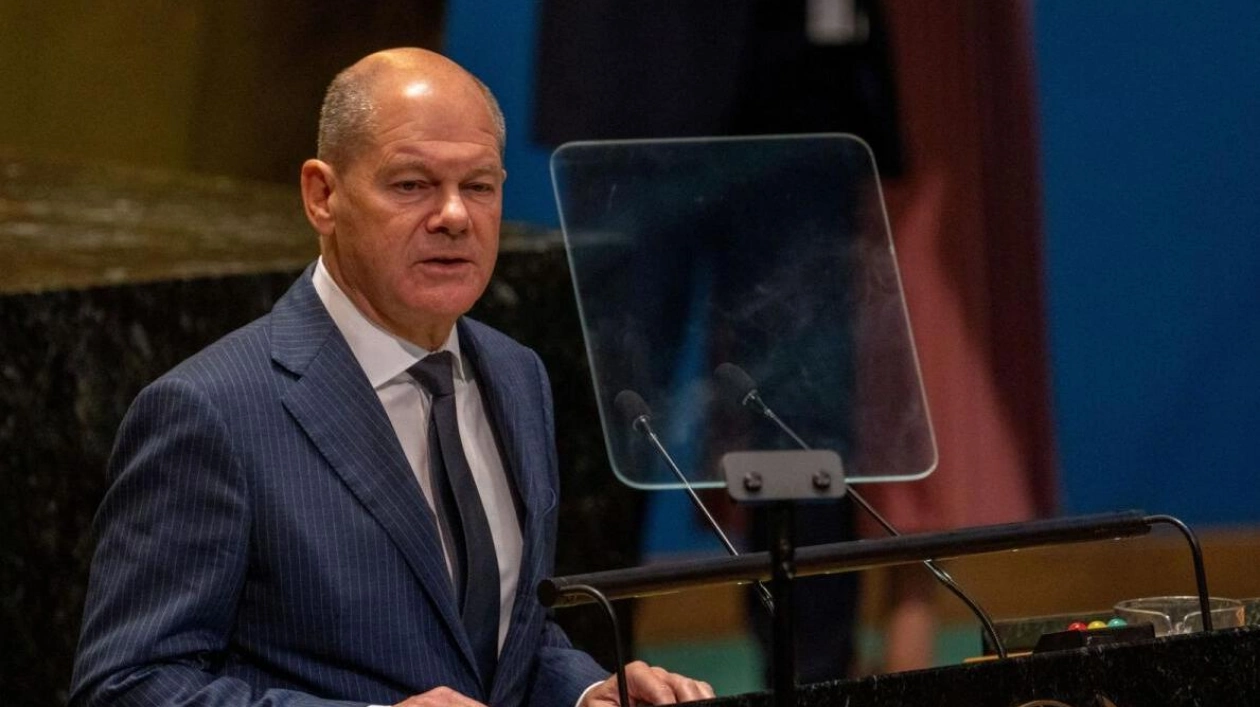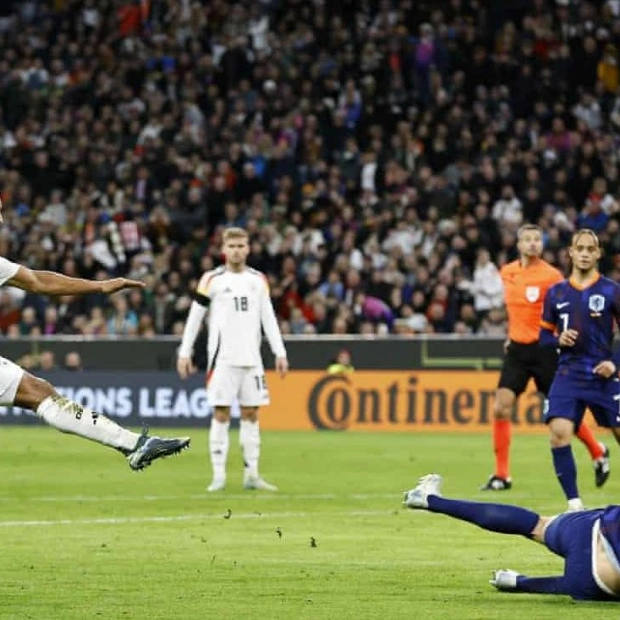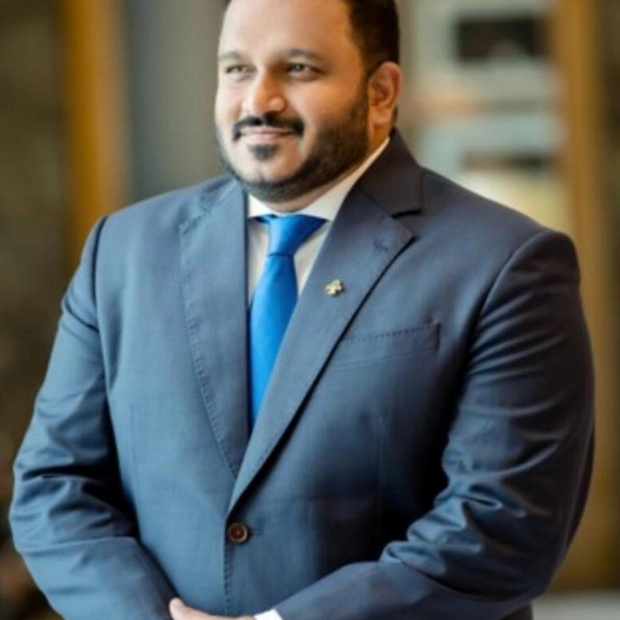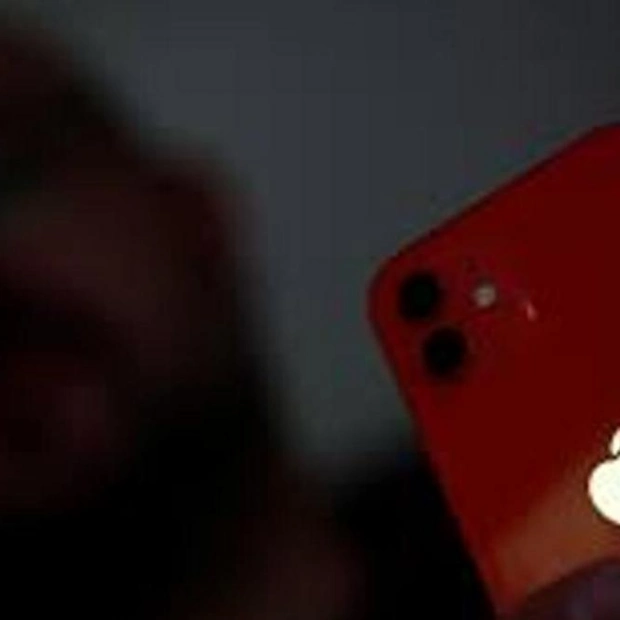German Chancellor Olaf Scholz has criticized UniCredit's decision to become the largest investor in rival Commerzbank with a potential 21% stake, labeling it as 'an unfriendly attack.' This move has intensified the hostility towards the Italian bank. The German establishment's displeasure with UniCredit's use of derivatives to potentially double its stake in Commerzbank before regulatory approval has put pressure on European Central Bank supervisors, led by German academic Claudia Buch.
'Unfriendly attacks and hostile takeovers are not beneficial for banks, which is why the German government has clearly positioned itself in this direction,' Scholz stated during an event in New York. His comments caused Commerzbank shares to drop by 5.9% as investors reassessed the likelihood of a full takeover. UniCredit's shares also fell by 3.3%.
UniCredit CEO Andrea Orcel's ambitious plan to create Europe's largest bank is testing the bloc's commitment to overcoming national borders to maintain global relevance. After acquiring a 9% stake in Commerzbank this month, Orcel indicated he would pursue a merger if he could gain support, or alternatively, retain or sell the stake.
Friedrich Merz, the Christian Democrat opposition leader seen by many as Germany's next chancellor, described Orcel's tactics as 'amateurish' and a takeover as 'a disaster for Germany's banking market,' referencing the HVB precedent. UniCredit acquired Bavarian bank HVB in 2005, which, though smaller, is more profitable than Commerzbank after significant staff reductions over the years.
The ball is now in the ECB's court. If they approve the increase, UniCredit will have enough control to lead the game,' said academic and former ECB supervisor Ignazio Angeloni. 'UniCredit could also merge HVB into Commerzbank and hold a large stake in a German bank. While not ideal, it's a first step towards a 'European JPM' for Europe,' he added.
UniCredit's move comes after Germany's finance agency announced it would not sell any more Commerzbank shares for now, with the bank's strategy focused on independence. Germany still holds 12% of Commerzbank. UniCredit sought ECB approval to increase its Commerzbank holding to 29.9%, just below the 30% threshold that triggers a mandatory takeover under German corporate laws.
Commerzbank acknowledged UniCredit's stake-building on Monday, stating it would 'always examine strategic options responsibly in the interests of its stakeholders.' Shares in Commerzbank have risen more than 20% since UniCredit became the largest private investor after the German state, boosting Commerzbank's market value to around a third of UniCredit's over 60 billion euros.
Germany's Verdi union opposed the development and vowed to 'fight with all means for independence.' Commerzbank, with over 25,000 business customers, nearly a third of German foreign trade payments, and more than 42,000 staff, is a key player in the German economy. Unions fear job losses due to higher labor costs in German banks compared to Italian peers.
UniCredit defended the merits of a combination, stating that 'there is substantial value that can be unlocked within Commerzbank, either stand-alone or within UniCredit, for the benefit of Germany and the bank's wider stakeholders.' Italy's Foreign Minister Antonio Tajani supported UniCredit's approach, noting that 'being pro-European only in words leaves something to be desired.'
Orcel first surprised the German government by outbidding rivals to acquire 4.5% of Commerzbank from the state this month, having already accumulated a similar-sized stake on the market. This escalation comes amid political turmoil in Germany, where the governing parties frequently clash and continue to lose ground to the ultra-conservative Alternative for Germany party. This disarray could complicate the government's response to the unwanted Italian advance.
'UniCredit now has a better starting position with this large share package... It creates a certain momentum, while Berlin is still considering how to view it,' said Michael Grote, corporate finance professor at the Frankfurt School of Finance & Management.






